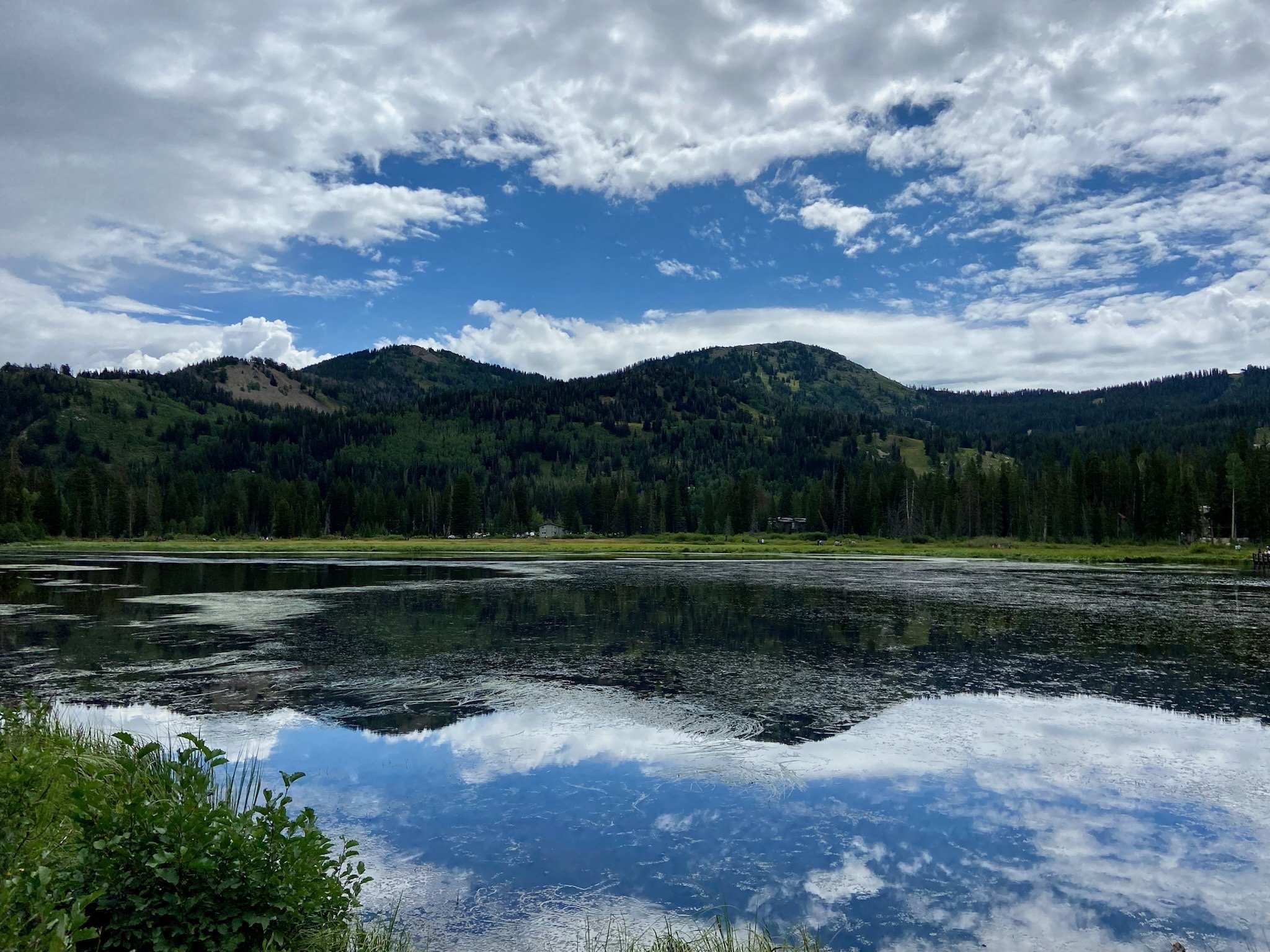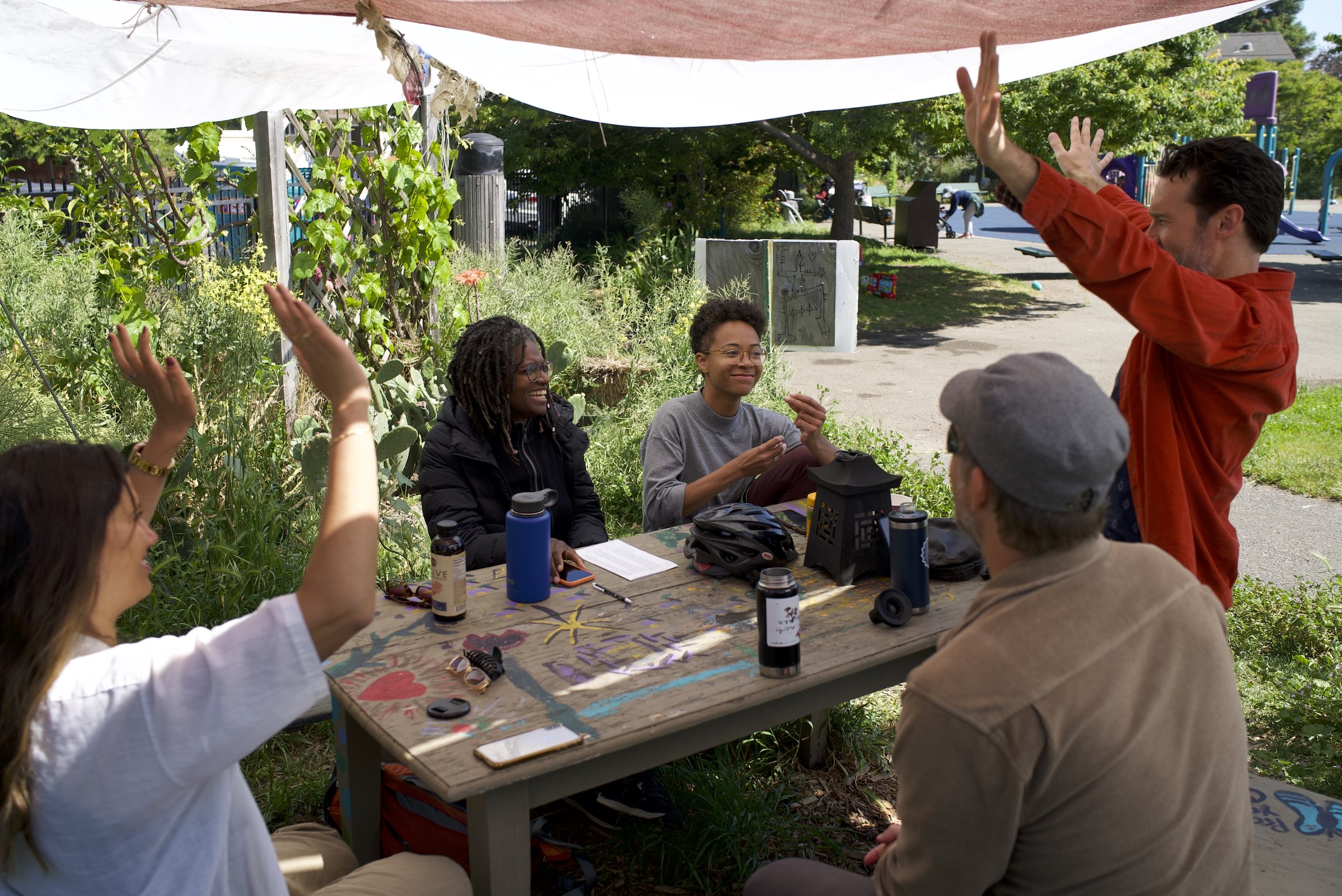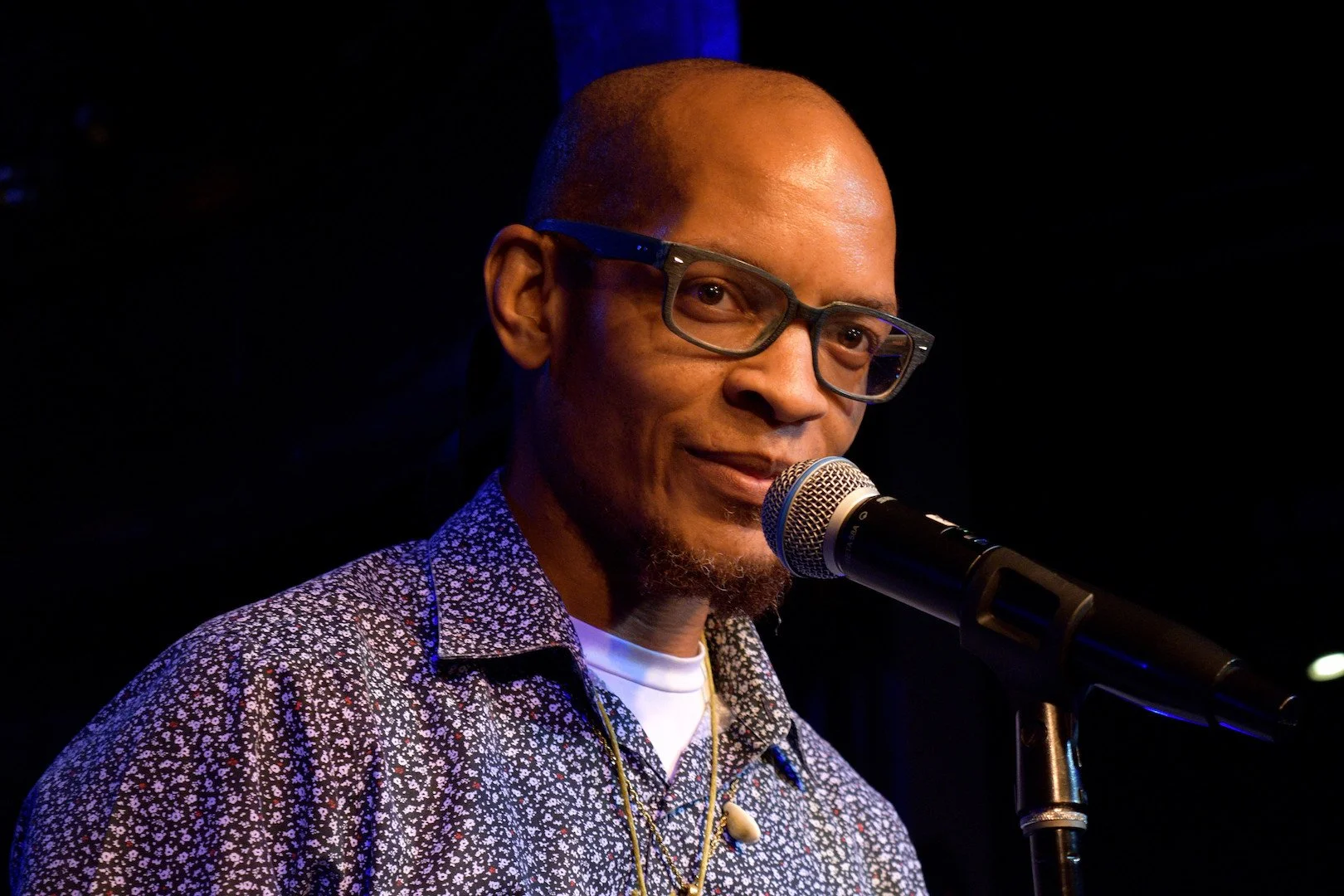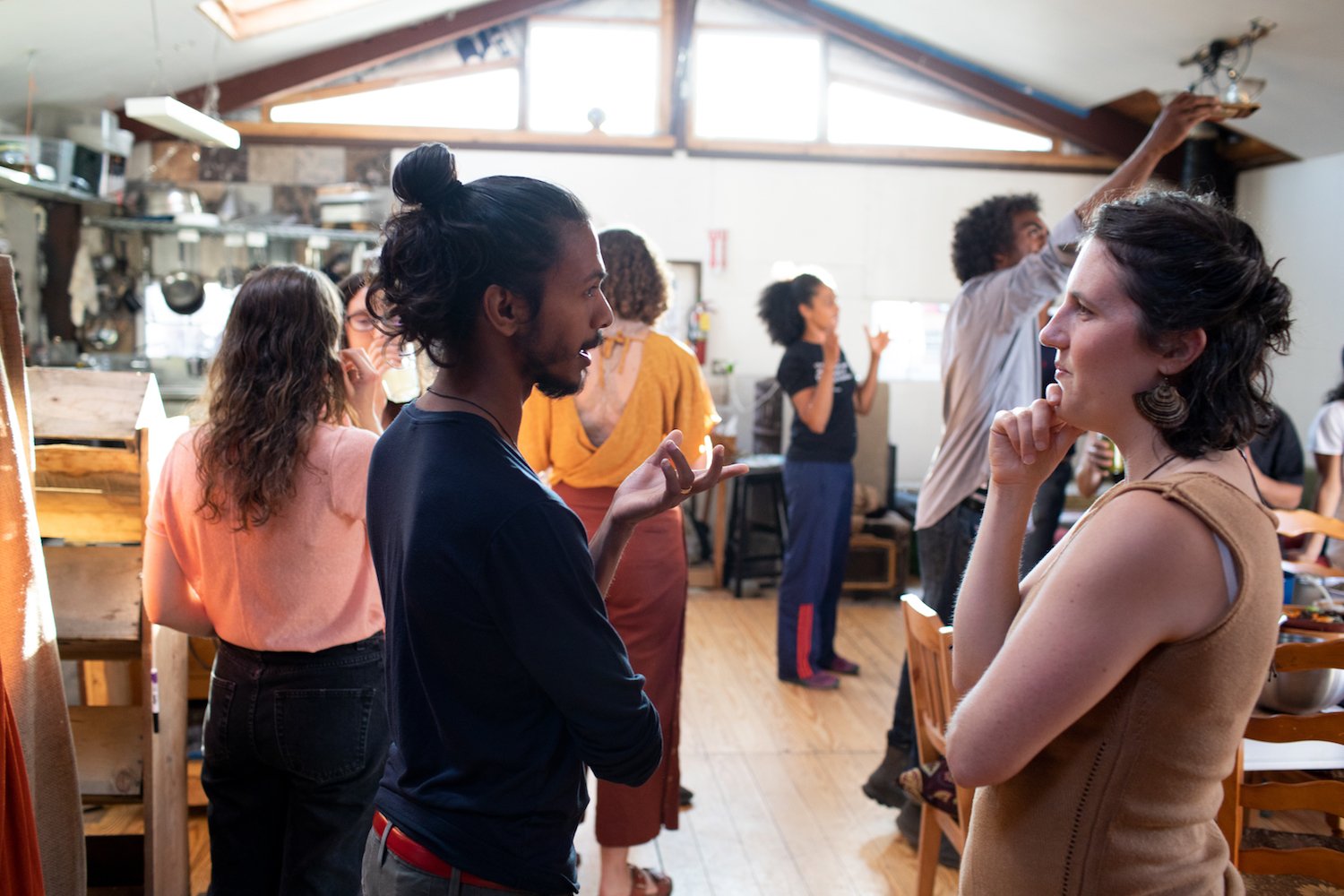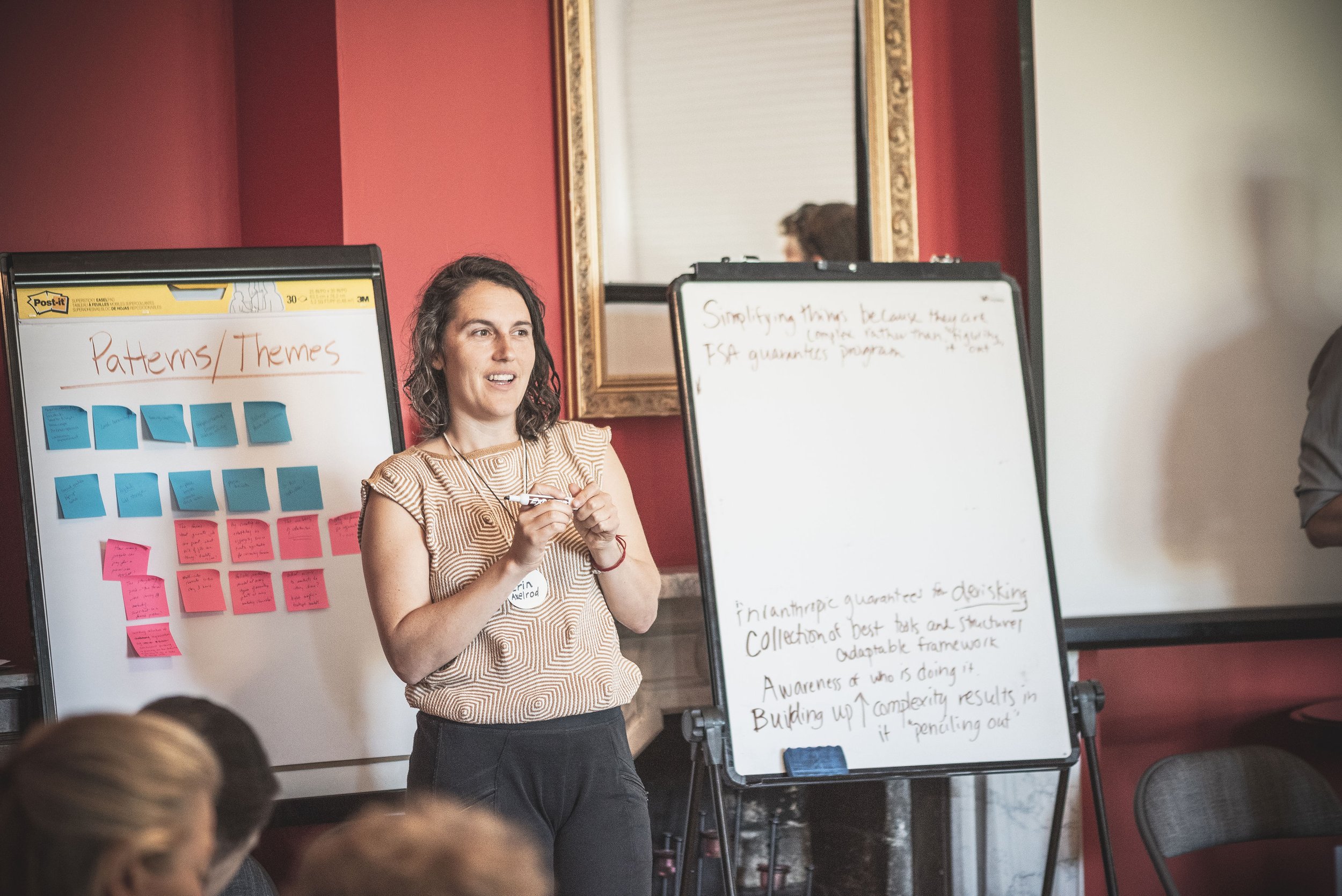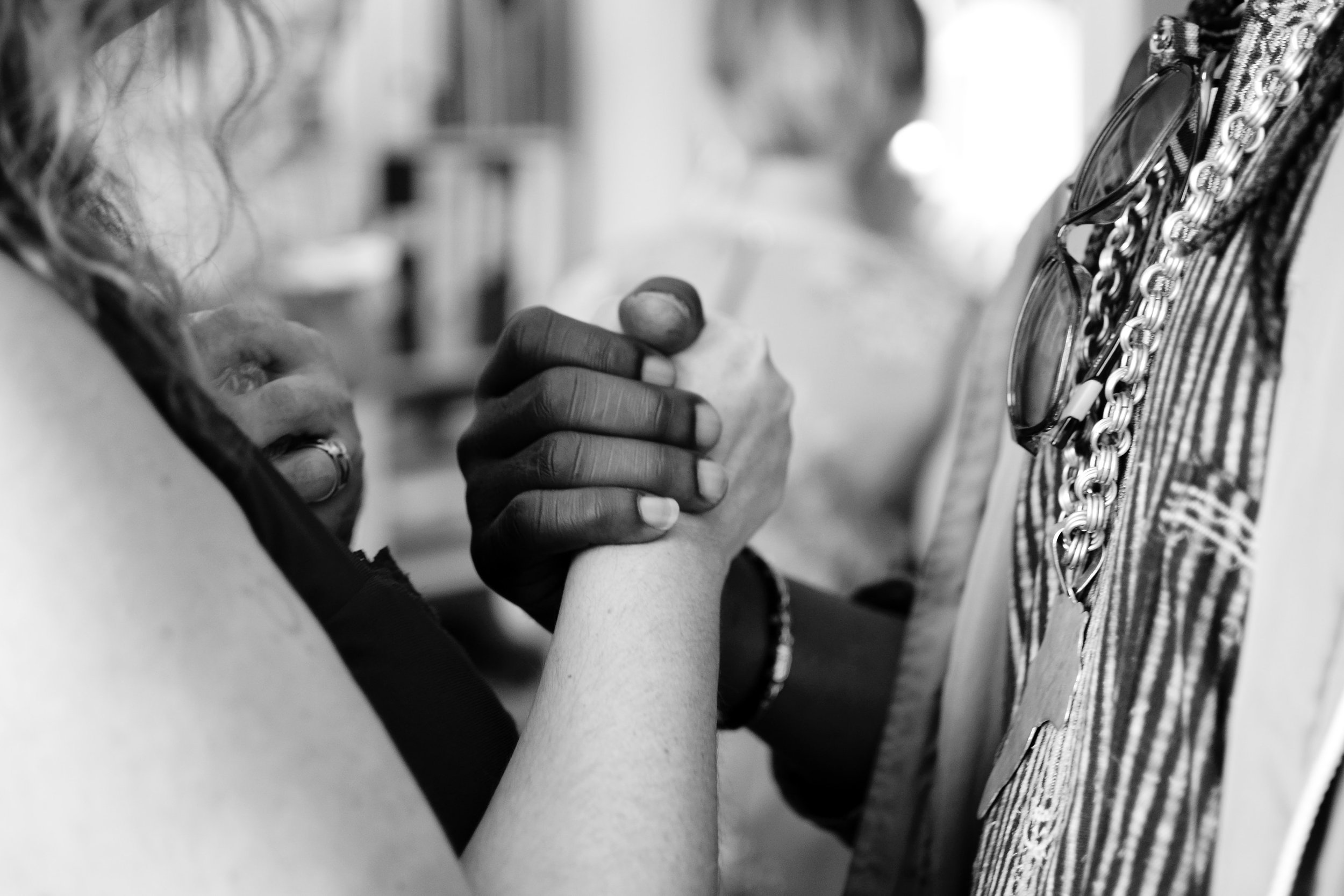
Subscribe to Next Economy Now on Apple Podcasts, Spotify, Pandora, Google Podcasts, YouTube, or wherever you find your podcasts.
Welcome to the next installment of the MBA Series, in which we review the arc of the learning journey that is presented in the Next Economy MBA online course. We have open-sourced the content of our course and we’re sharing it in a more bite-sized format to continue our efforts to redesign business for the benefit of all life, not just a select few.
In our previous episode, we shared the first five principles of our framework for a better future.
Today, we cover principles six through 10 and highlight some important examples of organizations and enterprises that are leading the way when it comes to true transformative systems change.
We have developed these core principles over the course of a decade of working with hundreds of social enterprises, nonprofits, and other organizations to help guide the emergent next economy that we are co-creating. These principles are tools that can guide business owners in their decision-making and help design organizational efforts to contribute to the growth of a solidarity economy.
To learn more about how to move away from a culture of domination and become part of a cohort of emerging leaders in an equitable, inclusive, and regenerative economy, you won’t want to miss today’s aspirational episode of the MBA Series!
---
Key Points From This Episode:
Deploying and scaling key humanitarian solutions through open-source replication. [0:04:03]
Why transparency about the state of your organization is critical. [0:12:34]
Implementing regenerative practices into your business operations. [0:18:24]
How to support movement building for broader systems change. [0:29:30]
Building equitable enterprises that support personal growth and development. [0:35:09]
Debunking common criticisms of the cooperative model. [0:42:23]
A reminder of the importance of patience, self-compassion, and collaboration. [0:44:08]
---
Tweetables:
“[Open source replication] runs counter to this idea of concentrating power and authority at the top of a long corporate decision chain.” — @sd_berry [0:12:02]
“Even if your enterprise or organization has not been able to implement every single thing on the laundry list of perfect execution of Next Economy values or principles, transparency about where you’re at, about the state of the organization [or] entity is critical.” — @ErinAxelrod [0:12:52]
“What about a business that causes an increase in biodiversity? That stimulates a flourishing of natural systems and life and clean water and fresh air? It’s actually possible.” — @sd_berry [0:19:10]
“How do we utilize operating models and financial vehicles as a mechanism to build power?” — @ErinAxelrod [0:29:46]
“Instead of thinking, ‘What can we extract from people?’, [we need to think], ‘How do we develop people? How do we invest in people as our core resource and even our core purpose for existing?'” — @sd_berry [0:36:22]
---
Links Mentioned in Today’s Episode:
Precious Plastic — https://preciousplastic.com/
Patagonia — https://www.patagonia.com/
Purpose Foundation — https://purpose-economy.org/
SOIL Haiti — https://www.oursoil.org/
Recompose — https://recompose.life/
Participatory Budgeting Project — https://www.participatorybudgeting.org/
East Bay Permanent Real Estate Cooperative — https://ebprec.org/
Erin Axelrod on LinkedIn — https://www.linkedin.com/in/erinaxelrod/
Erin Axelrod on Twitter — https://twitter.com/ErinAxelrod
Shawn Berry on LinkedIn — https://www.linkedin.com/in/sdberry/
Shawn Berry on Twitter — https://twitter.com/sd_berry
---
LIFT Economy Newsletter
Join 8,000+ subscribers and get our free 60-point business design checklist—plus monthly tips, advice, and resources to help you build the Next Economy: https://lifteconomy.com/newsletter
---
Next Economy MBA
This episode is brought to you by the Next Economy MBA.
What would a business education look like if it was completely redesigned for the benefit of all life? This is why the team at LIFT Economy created the Next Economy MBA (https://lifteconomy.com/mba).
The Next Economy MBA is a nine-month online course for folks who want to learn key business fundamentals (e.g., vision, culture, strategy, and operations) from an equitable, inclusive, and regenerative perspective.
Join the growing network of 350+ alumni who have been exposed to new solutions, learned essential business skills, and joined a lifelong peer group that is catalyzing a global shift towards an economy that works for all life.
Learn more at https://lifteconomy.com/mba.
---
Show Notes + Other Links
For detailed show notes and interviews with past guests, please visit https://lifteconomy.com/podcast.
If you enjoy the podcast, would you please consider leaving a short review on Apple Podcasts/iTunes? It really helps expose these ideas to new listeners: https://bit.ly/nexteconomynow
Twitter: https://twitter.com/LIFTEconomy
Instagram: https://instagram.com/lifteconomy/
Facebook: https://facebook.com/LIFTEconomy/
YouTube: https://youtube.com/c/Lifteconomy
Music by Chris Zabriskie: https://chriszabriskie.com/
Other Episodes in this Series:
Today's episode of the MBA Series is focused on the next steps we should all be looking at. The idea of the next economy has an obvious connection to the future, but we also like to bring things into sight in the present and ground what we are doing with what is happening right now, all around us.
In this thought-provoking episode, we delve deep into the topic of transforming capitalism to create a more sustainable and equitable future. Join us as we explore the inspiring stories, innovative ideas, and groundbreaking initiatives that are reshaping the capitalist landscape. We cover transforming capitalism into the Next Economy and unpack the complexity of the systems that need to change.
In today’s conversation, we delve into cooperatives as a business model and how to leverage them as drivers of change. We discuss why cooperatives have become so popular with communities, the benefits of the cooperative business model, and why sustainability is vital to building democratic workplaces. You’ll learn how the pandemic impacted Ana and Daniella’s work and perspective, exciting projects happening in the space, the biggest challenges of transforming the economy, and more. T
In today's episode of the Next Economy MBA Series, we are joined by Jeanette Morelan, Marketing Lead at LIFT Economy, and Erin Axelrod, Partner / Worker Owner at LIFT Economy, to continue unpacking the intricacies of marketing in the Next Economy. In this episode, we discuss everything branding and sales systems; from the concept of brand community to raising capital in the Next Economy. Learn about building a community around a brand, developing a Next Economy sales strategy, aligning your brand with your core customers, how lead qualification works, disqualifying with passion, and much more.
The Kola Nut Collaborative is Chicago’s only time-based service and skills exchange that provides an open platform for mutual aid, community organizing, and network weaving. Through practices like the Offers and Needs Market, they develop programming to support Chicago-based organizers in facilitating non-monetary exchange networks. Mike is also a program manager at Open Collective Foundation and serves on the boards of the US Solidarity Economy Network, the New Economy Coalition, and more.
Join Shawn Berry and LIFT Economy Marketing Lead Jeanette Morelan to find out what marketing looks like in the Next Economy, from iterative design grounded in reality to responsive audience research and user testing, factual and emotional messaging, authentic storytelling, and more. Although we use some of the same tools as business-as-usual marketing, Next Economy business principles inform a slower and more intentional approach to commerce.
This conversation with Shawn and Kevin explores understanding financial systems and what may change if universal financial literacy becomes the norm.
In today’s episode of the Next Economy MBA Series, we take a look at part one of our session on operations, which includes organizational structure, roles, and tasks
In today's conversation, we unpack the third strategy of our MBA Series and discuss how to leverage the power of governance. We discuss how meetings are a part of the decision-making process, the concept of authority, the different systems of governance, and why engaging more stakeholders is better. Learn about practicing good governance hygiene, tactics for forming strategic partnerships, the various facets of accountability, and more. To hear actionable steps and essential insights to ensure a culture of good governance for your company, tune in now.
Fundraising is possibly the most pressing issue facing new business owners looking to get a startup off the ground. In this part of our MBA series, we take a look at some of the alternatives to the common, yet flawed, models associated with venture capital and angel investment.
In our conversation, we learn about Teju’s background, what motivates her, and her journey to becoming an independent consultant. We then delve into what she is currently working on, the importance of mission-driven finance, how she is shaking up the exploitative fashion supply chain, and how she uses her podcast to empower people.
In this episode of the MBA Series, Shawn Berry and Ryan Honeyman discuss business strategy, specifically how to position your offering in your chosen market.
This episode tackles the topic of non-violent, collaborative communication and why it’s so important when it comes to making a genuine impact in the world.
Culture is one of the defining aspects of Next Economy organizations. The LIFT team discusses the role of values in distilling culture and the process of arriving at shared values within an organization.
Social entrepreneur Olivia Watkins shares how Black Farmer Fund is working to close the racial wealth gap and create a financial institution that people can trust.
Vision alignment is a critical factor when it comes to the success of a Next Economy endeavor. The LIFT team discusses how to deal with divergence when reaching a shared vision.
Learn how Groupmuse helped musicians in the pandemic through job creation programs, fundraising, and facilitating a direct link between audience members and musicians during lockdown restrictions.
How do the personal choices we make for our lives and daily habits impact the larger community and the future of a better world? Learn how Next Economy life design principles can help align our lives with our vision for a more just society.
The LIFT team discusses the legal and corporate tools that are available to organizations looking to create a meaningful difference, from B Corps to worker-owned cooperatives.
Through the utilization of tools such as base building and organizational development, cooperatives can combat the forces of white supremacy, patriarchy, and colonialism that have dominated our society for so long.
We have developed these core principles over the course of a decade of working with hundreds of social enterprises, nonprofits, and other organizations to help guide the emergent next economy that we are co-creating.
Karla talks about how we can truly bolster the livelihoods of indigenous communities, the challenges that seem to continually face philanthropic work, facilitating a participatory approach to change, and why she feels policy is the fundamental route to progress.
In focus today are how businesses can meet basic needs, create shared ownership, aim for democratic structures, support local community, and perpetuate learning and problem-solving.
